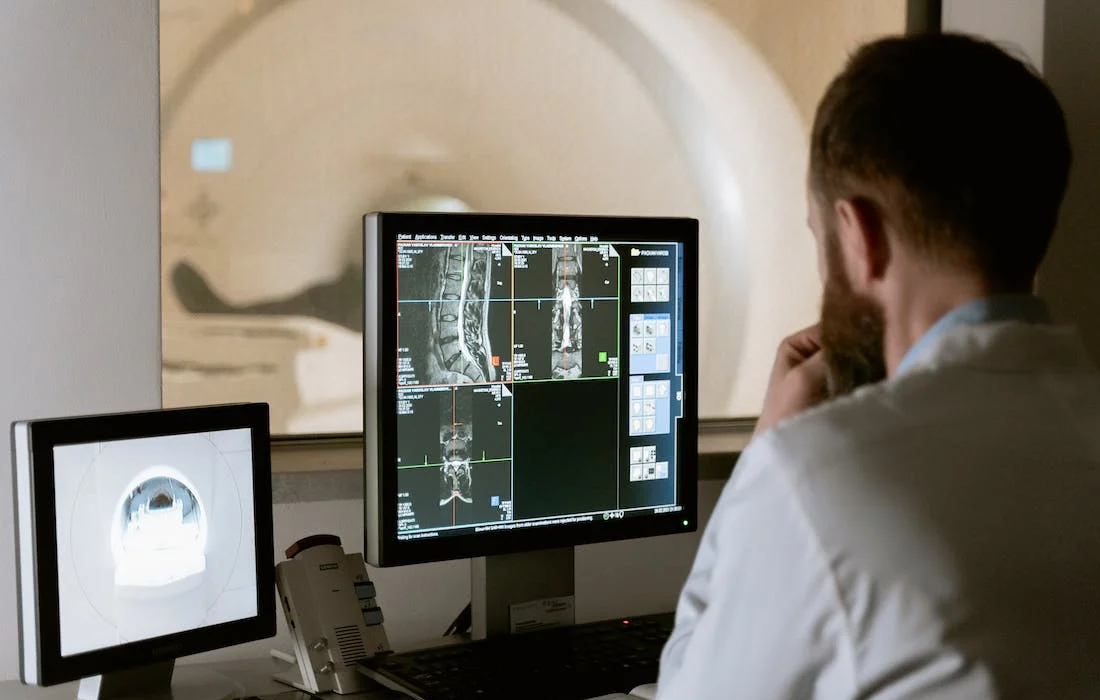Hormones released by the stomach, such as ghrelin, play a key role in stimulating appetite. These hormones are produced by endocrine cells that are part of the enteric nervous system, which controls hunger, nausea, and feelings of fullness. MIT engineers have now shown that they can stimulate these endocrine cells to produce ghrelin, using an […]
Author Archives: Karely Vega, MD
“We have developed a technique in our laboratories that allows us to obtain an antibiogram within 2-4 hours — instead of the current 24 hours for the most common germs and one month for tuberculosis,” says Dr Sandor Kasas at EPFL. Professor Ronnie Willaert at Vrije Universiteit Brussel adds: “Our technique is not only faster […]
Medication delivered by a novel gel cured 100% of mice with an aggressive brain cancer, a striking result that offers new hope for patients diagnosed with glioblastoma, one of the deadliest and most common brain tumors in humans. “Despite recent technological advancements, there is a dire need for new treatment strategies,” said Honggang Cui, a […]
Poor air quality could be causing cognitive deficits in babies and toddlers, according to new research from the University of East Anglia. A new study published today reveals an association between poor air quality in India and impaired cognition in infants under two. Without action, the negative impact on children’s long-term brain development could have […]
A world-first trial at UCL and UCLH has found a new genetic therapy for Alzheimer’s disease that is able to safely and successfully lower levels of the harmful tau protein known to cause the disease. The trial, led by consultant neurologist Dr Catherine Mummery (UCL Queen Square Institute of Neurology & the National Hospital for […]
Chronic alcohol consumption may make people more sensitive to pain through two different molecular mechanisms — one driven by alcohol intake and one by alcohol withdrawal. That is one new conclusion by scientists at Scripps Research on the complex links between alcohol and pain. The research, published in the British Journal of Pharmacology on April […]
As we age, brain plasticity tends to diminish, making it more difficult to learn new things. This is accompanied by a loss of the gray matter in which our neurons reside, leading to brain atrophyTrusted Source and further cognitive degeneration. A new study has found that intensive music playing and active listening can slow the […]
In a study published in Nature Communications, a team led by Krembil Brain Institute Senior Scientists, Drs. Lorraine Kalia and Suneil Kalia, and University of Toronto (U of T) Professor, Dr. Philip M. Kim, identified a protein-protein interaction that contributes to Parkinson’s disease. In the disease, a protein a-syn accumulates in the brain and leads […]
Sleep disturbances can be an early sign of Alzheimer’s disease. Many people eventually diagnosed with Alzheimer’s start experiencing difficulty falling and staying asleep years before cognitive problems such as memory loss and confusion emerge. It’s a vicious cycle: Alzheimer’s disease involves changes to the brain that disrupt sleep, and poor sleep accelerates harmful changes to […]
Van Andel Institute scientists have pinpointed a key driver of low bone density, a discovery that may lead to improved treatments with fewer side effects for women with osteoporosis. The findings are described in a study published this month in Science Advances by VAI Associate Professors Connie M. Krawczyk, Ph.D., and Tao Yang, Ph.D. Their […]










